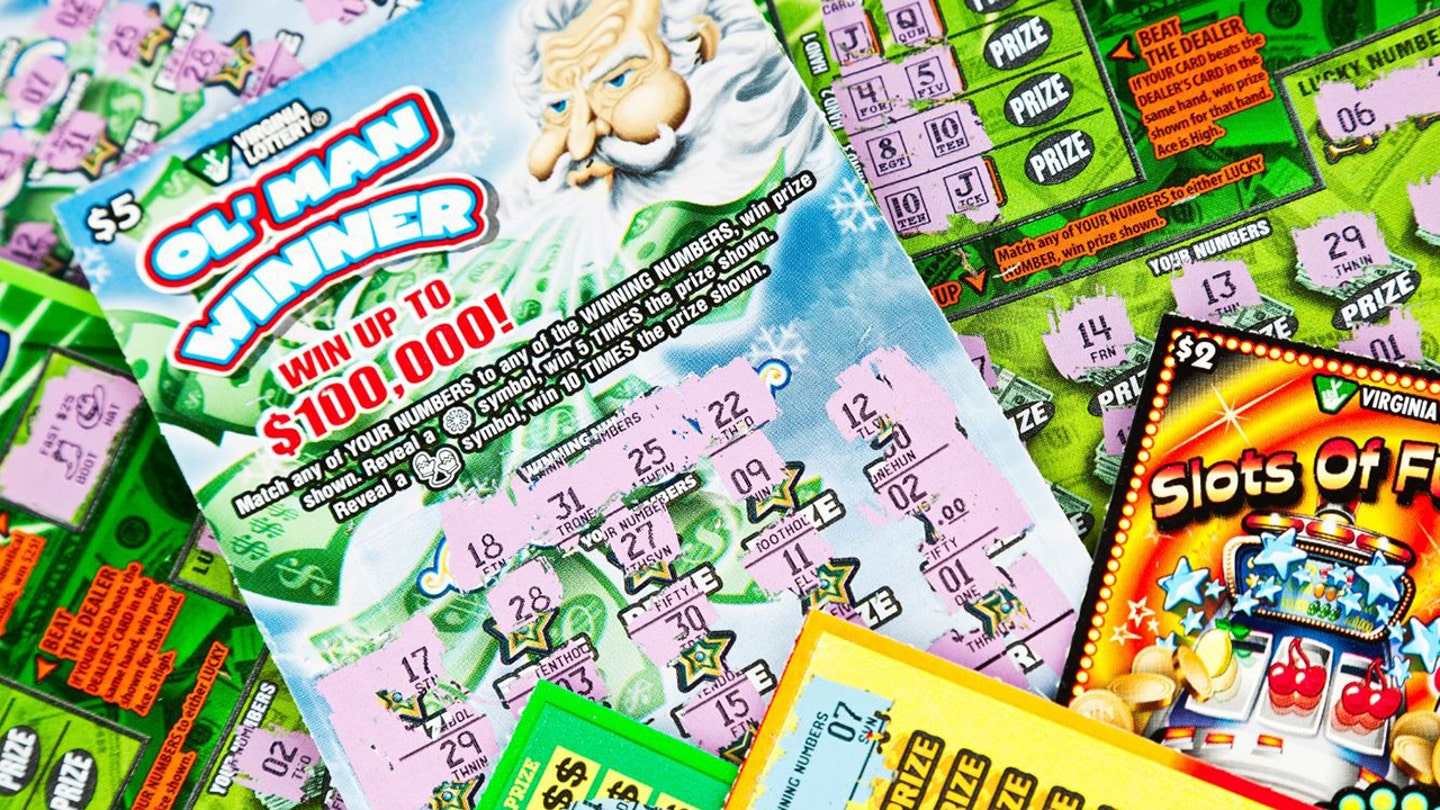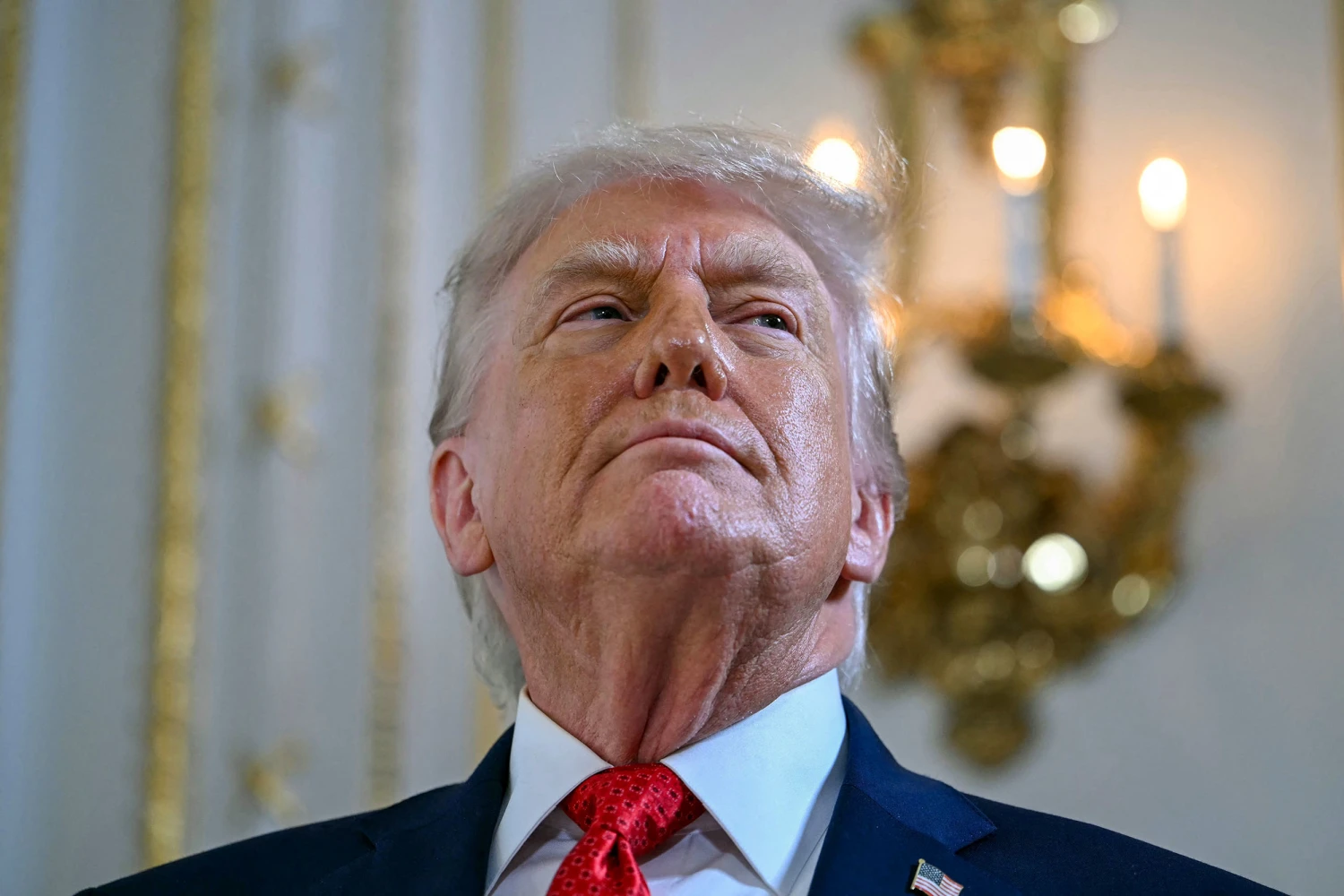A Mega Millions lottery ticket purchased in Maine was worth a staggering $1.348 billion this past Friday night.
The winning jackpot is the fourth-largest the world has ever seen and the second-largest in Mega Millions game history, as FOX Business reported.
While many people play the lottery with dreams of financial freedom and an escape from their current reality, one national expert is sounding the alarm about the practice, saying “predatory” gambling is America’s “most neglected major problem.”
Les Bernal is national director of Stop Predatory Gambling, an organization headquartered in Washington, D.C.
“Through its advertising and marketing of lotteries, state governments have turned a nation of small earners — who could be small savers — into a nation of habitual gamblers,” Bernal told Fox News Digital by email.
Bernal also said that over the next eight years, the American people are “going to lose more than $1 trillion of personal wealth to commercialized gambling, at least half of which is being extracted by state lotteries.”
He added, “If you could just cut that figure by 50%, there’s no other policy reform that comes in 1,000 miles of that to make a bigger difference in the lives of everyday Americans.”
‘Exploiting’ people’s ‘financial desperation’
Bernal offered specific examples of how lotteries prey on lower-income citizens.
He pointed out that there is a concentration of sales outlets in poorer communities, as well as messages on scratch tickets that “deceitfully declare” that playing is “your fastest way to a million dollars!”
One Massachusetts 50-year-old who regularly gives scratch tickets as gifts to people he doesn’t know well, such as gifts for grab-bags, said that practice sometimes “leaves a twinge of guilt, to be honest.”
He also said, “How do I know that the recipient isn’t teetering on the edge of a gambling addiction? It’s worth thinking about.”
Bernal continued, “So if you’re someone who just lost their job, or you’re trying to pay your rent at the end of the month, or you need money to pay a large medical bill, state lotteries attempt to position themselves as the answer — exploiting the financial desperation of our fellow citizens.”
Lottery marketing by income level
Bernal said that state lotteries are “driven by greed,” and their marketing and advertising strategies toward lower-income groups are “a reflection of this.”
Advertising is tailored by income category, he noted.
“Lotteries run aggressive marketing campaigns to lure low-income people to buy tickets,” he said.
Needed reforms in marketing, advertising
Bernal believes there are three long-overdue reforms to address the major problem of predatory gambling.
1. Protect the health and well-being of kids and families by restricting gambling advertising, marketing and sponsorships.
This includes restricting all gambling advertising and marketing on the internet, streaming platforms, TV, radio and point-of-sale locations such as convenience stores and gas stations, he said.
2. Dramatically reduce poverty by cutting the financial losses that citizens are suffering to state lotteries by 50%.
This action would result in allowing families to keep $250 billion of personal wealth over the next eight years, Bernal said.
This includes restricting the practice of marketing “high-dollar lottery tickets” (i.e. tickets greater than $5) and other rapid-play commercialized gambling games such as “electronic gambling machines and Keno-like games, especially in low-income areas,” said Bernal.
3. End the practice of state lottery operators reaping half their profits from citizens who have been turned into addicted gamblers.
Lottery is ‘predatory’ toward the poor: Expert delivers scathing indictment of game he calls ‘a lie, a con’




